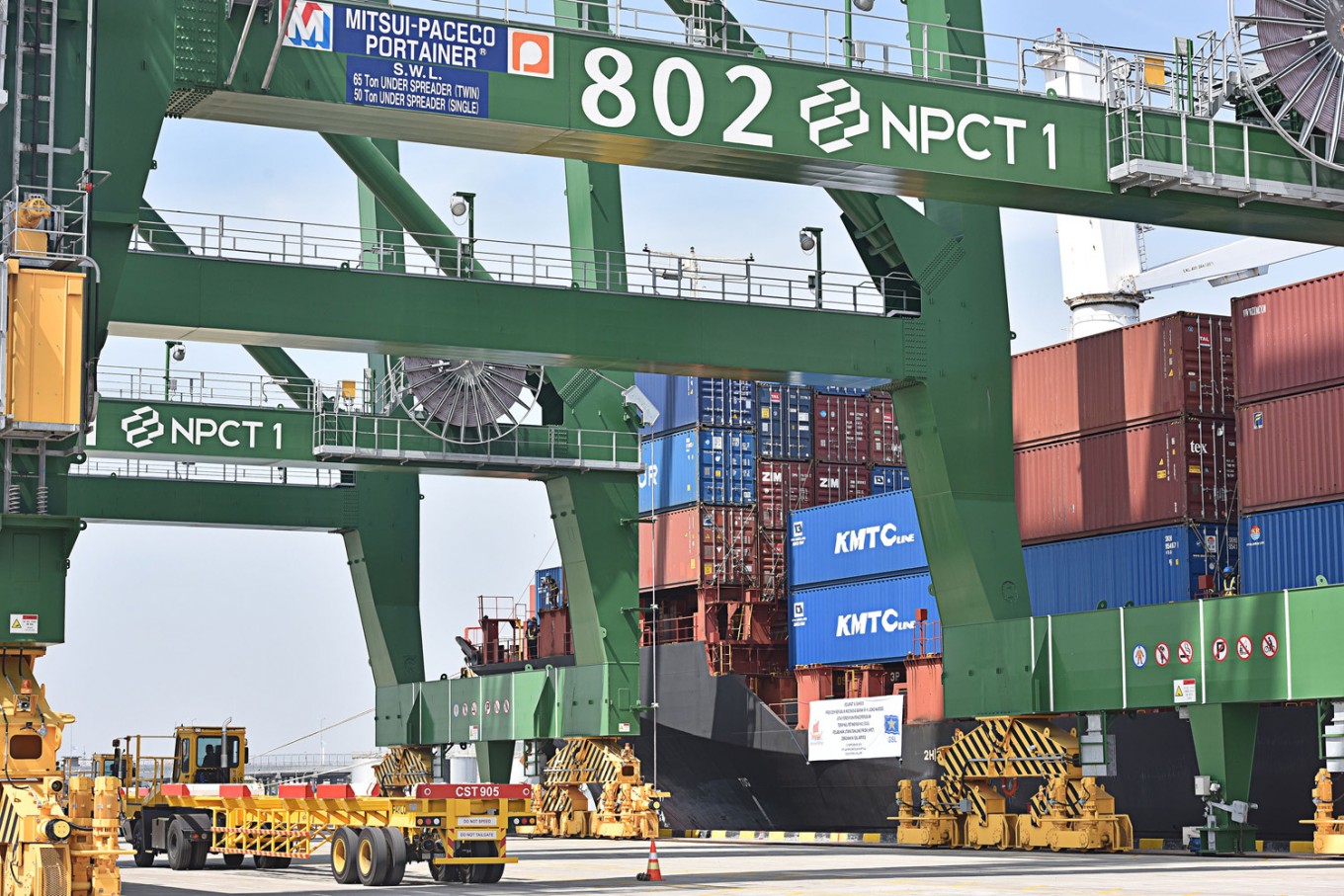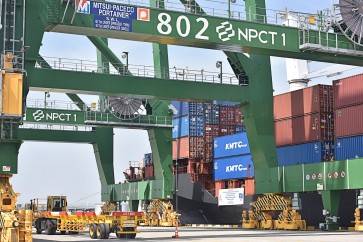Popular Reads
Top Results
Can't find what you're looking for?
View all search resultsPopular Reads
Top Results
Can't find what you're looking for?
View all search resultsHow to create a thriving and successful sea toll
By taking the following three steps, the government can ensure that the tol laut policy has a clear chance for great success even without a subsidy program.
Change text size
Gift Premium Articles
to Anyone
S
ince 2014, the Indonesian government has promoted its tol laut (sea toll) policy to move cargo from land to sea wherever possible. Creating a thriving roll-on/ roll-off (ro-ro) shipping industry is one of the cornerstones of this policy.
Ro-ro ships are huge floating truck parks, with no need for cranes or other lifting equipment — the trucks or trailers simply drive or are pulled on and off the ship. This means that very little handling equipment or port infrastructure is required. Ro-ro is cost efficient on short-sea routes and beats land transport for quicker lead times.
Since the 1960s, ro-ro has been a huge business in Europe and Japan. Truck fuel, highway tolls, traffic congestion and driver salaries mean that road haulage is a high-cost business.
In addition, trucks produce harmful emissions and significant road damage that could be avoided by moving cargo to the sea; this is especially true when trucks are overloaded, which is a common practice. But for ro-ro to be a success in Indonesia, the tariff offered to users needs to be competitive to incentivize them to use ro-ro instead of road haulage.
To be competitive, ro-ro operators need to minimize their three key costs, which are fuel, port charges and ship capital cost. Introducing policies to lower these costs should be the government’s priority if it wants to create a thriving and successful ro-ro industry with participation from the private sector.
Recently, the Transportation Ministry put in place a ro-ro subsidy program to encourage trucking companies to use the two ro-ro/passenger ships that currently sail between Jakarta and East Java, with an eye on reducing the approximately 12,000 daily truck movements across Java’s northern coastal road.
The government is in good company in this regard; subsidies and incentives for ro-ro and related water-based transport modes are prevalent in Europe as well.


















